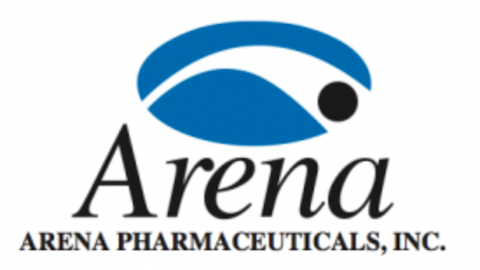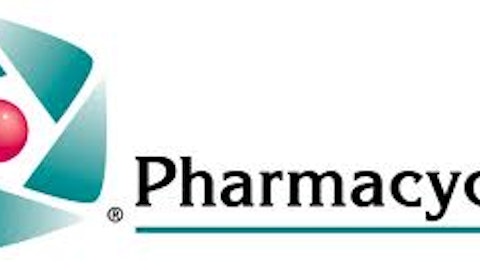As I noted seven weeks ago, cancer statistics are both staggering and disappointing. Although cancer deaths per 100,000 people have been on the downswing since 1991 thanks to access to more effective medications and better awareness about the negative health effects of smoking, there is still a lot of research and progress yet to achieve. My focus in this 12-week series is to bring to light both the need for continued research in these fields, as well as highlight ways you can profit from the biggest current and upcoming players in each area.
Over the past six weeks, we’ve looked at the six cancer types most expected to be diagnosed this year:
Today, we’ll turn our attention to the projected seventh-most diagnosed cancer: non-Hodgkin lymphoma, or NHL.
The skinny on non-Hodgkin lymphoma
Approximately 79,000 cases of lymphoma — a cancer of the lymphoid tissue and other autoimmune organs including the spleen — are expected to be diagnosed this year. Of that total, 69,740 cases are expected to be labeled as non-Hodgkin lymphoma, which encompasses a wide variety of disease types, according to the American Cancer Society. The ACS is forecasting that 19,020 people will pass away this year because of NHL, making it the sixth most-likely cause of cancer-related death.
The good news for NHL sufferers is that survival rates are drastically improving, and it’s a direct result of having better treatments available. NHL incidence rates have been declining since the late 1990s and dropped by 3% annually between 2005 and 2009. Five-year survival rates have improved from just 47% in 1975-1977 to 71% in 2005-2009, according to the ACS (link opens PDF file).

Source: Centers for Disease Control and Prevention, National Center for Health Statistics, U.S. Mortality Files.
The unfortunate aspect of NHL is that there aren’t too many precursors or warning signs that would signify whether someone’s at risk or not. Outside of getting older, contracting HIV or T-cell leukemia virus type 1, or being given immune suppressants — which are all shown to increase risk — there isn’t a test, rhyme, or reason to determining why people are unlucky enough to develop NHL.
The typical treatment regimen for NHL is chemotherapy. Occasionally radiation is used in combination with chemotherapy, but it’s pretty rare since NHL tends to be a global problem. In very advanced cases where the disease has relapsed, physicians will occasionally turn to stem cell transplantation.
Where investment dollars are headed
As you might have figured, with NHL deaths expected to crest 19,000 in 2013, researchers are feverishly at work trying to bring revolutionary treatments to those who have this disease. In the meantime, here are some of the most common therapies currently associated with treating NHL.
Rituxan: Co-owned by Roche Holding Ltd. (VTX:ROG) and Biogen Idec Inc. (NASDAQ:BIIB) in the U.S., Rituxan, a monoclonal antibody, is approved for multiple indications by the Food and Drug Administration to treat B-cell, CD20-positive NHL. Rituxan was first approved in February 2006 for large B-cell, CD20-positive NHL and, according to three clinical studies, demonstrated survival improvements of 9% to 11% on follow-ups compared to the placebo. One drawback, howver, is that Rituxan can lead to very serious side effects.
Zevalin: Developed by Spectrum Pharmaceuticals, Inc. (NASDAQ:SPPI) , Zevalin is an antibody treatment that links to a radioactive atom (in this case Yttrium-90) and is administered intravenously, on an outpatient basis, over the course of nine days. It was first approved in March 2002 for the treatment of relapsed or refractory low-grade, follicular B-cell lymphoma, but gained the additional indication in 2009 for previously untreated follicular NHL in patients that achieved a partial or complete response to first-line chemotherapy. Not surprisingly, Zevalin is used in conjunction with Roche and Biogen’s Rituxan.


